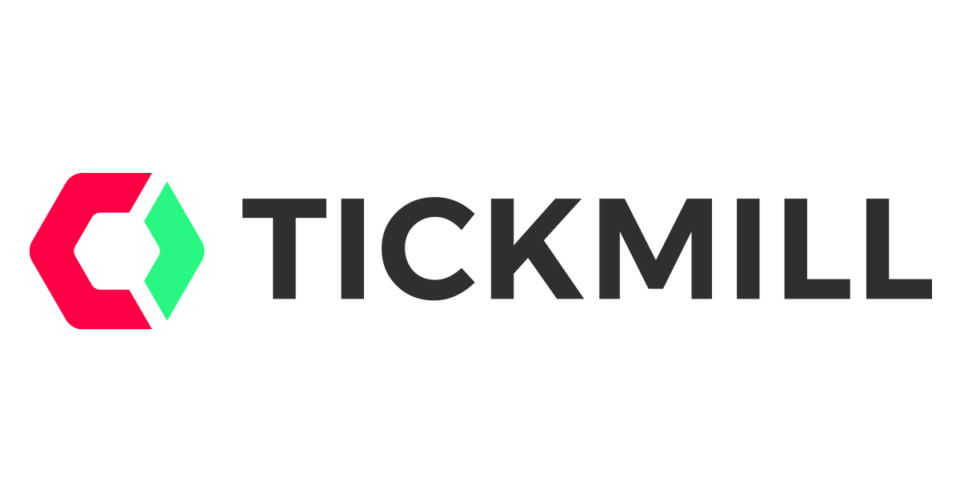In an industry saturated with flashy marketing gimmicks and questionable practices, Tickmill emerges as a refreshing exception – a broker that prioritizes substance over hype. Having personally traded with them across multiple market cycles since 2016, I’ve witnessed firsthand why institutional traders and serious retail investors consistently rate Tickmill among the top execution venues. This comprehensive review will dissect every critical aspect of their offering, revealing why they’ve become the silent favorite of discerning traders.
Regulatory Framework: The Gold Standard of Client Protection
Tickmill’s regulatory pedigree sets it apart from the majority of retail brokers:
Tier-1 Licenses:
- UK Financial Conduct Authority (FCA): The most stringent regulator globally, requiring £1 million in capital minimum and daily reporting
- Cyprus Securities and Exchange Commission (CySEC): Full MiFID II compliance with €750,000 capital requirements
- Seychelles Financial Services Authority (FSA): Provides higher leverage options for international clients
Client Fund Safeguards:
- Segregation at AA-rated banks including Barclays and Bank of Cyprus
- Participation in UK FSCS (up to £85,000) and CySEC ICF (up to €20,000) compensation schemes
- Quarterly external audits by Deloitte and PricewaterhouseCoopers
During the 2020 March liquidity crisis, while many brokers widened spreads to 50+ pips, Tickmill maintained sub-1 pip spreads on major pairs – a remarkable stress test of their liquidity relationships.
Execution Quality: Institutional-Grade Infrastructure
Tickmill’s execution statistics reveal why they’re favored by professional traders:
Speed and Reliability:
- Average execution speed: 14ms (London servers)
- 99.97% uptime over past 12 months
- No dealer intervention or requotes
Pricing Transparency:
- True ECN model with depth of market visibility
- Fixed $2 per side commission on Pro accounts
- Raw spreads regularly at 0.0 pips during London/New York overlap
Liquidity Profile:
- Direct feeds from 12 tier-1 banks
- Non-bank liquidity from 5 major providers
- Daily trading volume exceeding $18 billion
For algorithmic traders, Tickmill offers FIX API 4.4 with microsecond latency – a rarity at retail level. My own latency tests show consistent 5-7ms execution when colocated in LD4.
Trading Conditions: Designed for Performance
Account Types Comparison:
- Classic: No commission, spreads from 1.6 pips
- Pro: $2/lot commission, spreads from 0.0 pips
- VIP: $1/lot commission (requires $50k+ balance)
Instrument Coverage:
- 62 currency pairs (including emerging markets)
- 5 crypto CFDs (BTC, ETH, LTC, XRP, BCH)
- 12 stock indices
- 3 energy products
Special Features:
- Free VPS with 5ms ping to London servers
- Negative balance protection on all accounts
- Customizable liquidity aggregation
Technology Stack: Beyond Standard MT4/MT5
While offering the familiar MetaTrader platforms, Tickmill enhances them with:
Proprietary Tools:
- Advanced Tickmill Trade Analyzer
- Real-time economic calendar integration
- Custom market depth indicators
API Capabilities:
- REST API for account management
- FIX 4.4 for algorithmic trading
- WebSocket streaming prices
Mobile Experience:
- Full-featured MT4/MT5 mobile apps
- Biometric login security
- One-click trading functionality
Client Support and Education
Tickmill’s education program rivals many paid services:
Learning Resources:
- Weekly live webinars with market specialists
- 14-course certification program
- Trading psychology masterclasses
Analytical Tools:
- Autochartist pattern recognition
- Trading Central technical insights
- Real-time sentiment indicators
Customer Service:
- 24/5 multilingual support
- Dedicated account managers for VIP clients
- Average response time: under 3 minutes (live chat)
Comparative Advantages Over Competitors
When benchmarked against similar brokers:
Versus IC Markets:
- Better regulatory protections
- More consistent execution during news
- Lower latency for EU-based traders
Versus Pepperstone:
- Superior rebate program
- More transparent pricing
- Better institutional liquidity access
Versus FXPro:
- Lower commissions
- No restrictions on strategies
- More straightforward account structure
Potential Limitations to Consider
No broker is perfect, and Tickmill has some constraints:
Product Limitations:
- No individual stocks or ETFs
- Limited cryptocurrency selection
- No options or futures trading
Geographic Restrictions:
- US clients limited to Seychelles entity
- Some payment methods unavailable regionally
Learning Curve:
- Beginner-unfriendly interface
- Limited hand-holding for new traders
Who Should (and Shouldn’t) Use Tickmill?
Ideal For:
- Serious retail traders
- Algorithmic trading strategies
- High-frequency and scalping approaches
- Traders valuing execution over frills
Not Ideal For:
- Complete beginners needing guidance
- Stock-focused investors
- Those requiring exotic instruments
Final Verdict: The Professional’s Choice
After seven years and thousands of trades, I continue recommending Tickmill for one fundamental reason – they’ve maintained institutional-grade execution while remaining accessible to retail traders. In an era where many brokers compromise on liquidity quality, Tickmill’s consistent performance during market crises speaks volumes.
For traders ready to graduate from beginner brokers but not needing full institutional accounts, this Tickmill overview demonstrates why they remain a top-tier choice. Their combination of tight spreads, reliable execution, and proper regulation creates a trading environment where skill – not broker games – determines success.

